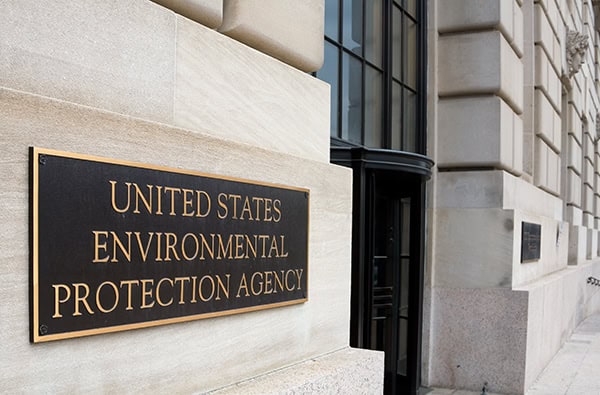NAM and Allies: PM2.5 Standard Will Hurt Manufacturers, Economy

The EPA’s overly stringent final rule on particulate matter puts continued U.S. innovation and economic growth in jeopardy, the NAM and allied groups told congressional leaders Monday.
What’s going on: In March, the EPA lowered the standard for particulate matter, or PM2.5, in its National Ambient Air Quality Standards rule by 25%, down from 12 micrograms per cubic meter of air to nine.
- This week, the NAM, along with 58 allied organizations, urged key House and Senate members to act soon to “stop this harmful rule before it takes effect.”
Why it’s important: The probable negative effects of allowing the change include “making it more difficult to create jobs, build cutting-edge factories and lead the world in the development of products that will shape modern life in the decades ahead,” the groups said.
- Compliance costs could exceed $1.8 billion, according to the agency’s own estimates.
- The lowered limit also puts the U.S. at a great disadvantage to global competitors, which “have adopted standards that are less stringent than the EPA rule and are phased in over a much longer time frame.”
What needs to happen: Congress should pass a resolution of disapproval regarding the new standard immediately.
